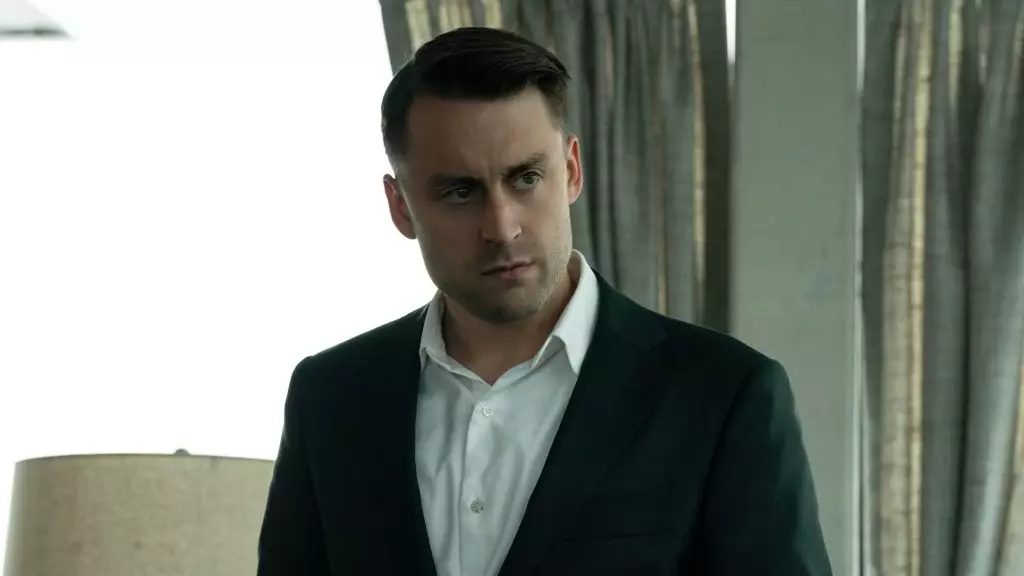Kieran Culkin’s journey through the tumultuous world of “Succession” has culminated in significant recognition, most notably his recent Golden Globe win for Best Supporting Actor. Despite this career milestone, the New York native finds himself grappling with the bittersweet reality that he has yet to view the series finale of the critically acclaimed HBO show. This phenomenon is not just a matter of mere oversight; rather, it sheds light on the incessant demands and distractions that can accompany an actor’s career, particularly during landmark moments.
The series, which captivated audiences for four seasons, concluded last year while Culkin was engrossed in filming “A Real Pain” alongside Jesse Eisenberg in Poland. His commitment to this new project forced him to miss out on what became one of the most talked-about finales in recent television history. He quipped about this predicament on “The Late Show with Stephen Colbert,” revealing that, despite knowing the storyline as an actor involved in the series, he hasn’t experienced the conclusion alongside viewers. The intentionality of his absence is fascinating; though it wasn’t planned, he acknowledges its consequences.
Culkin’s attempt to keep pace with his show while overseas was thwarted by technical issues. Specifically, his inability to access his Max account while abroad exemplifies how geographical barriers can disrupt media consumption in today’s interconnected world. His wife’s plea on Instagram for shareable credentials illustrates the communal nature of modern television viewing, where fans and actors alike seek access through shared experiences. Despite the offers flooding in, Culkin managed to watch only two of the final episodes, further distancing him from the cultural moment encapsulated in the finale.
As weeks went by, the enthusiasm surrounding the finale dissipated, and Culkin found himself contemplating whether it was still relevant to engage with the series’ conclusion. He spoke candidly about feeling as if he had “missed the moment,” highlighting a common struggle in the fast-paced entertainment industry where timing can often dictate a person’s engagement with pop culture. This sentiment points to a larger issue where even those who are intimately involved in a project can find themselves sidelined due to circumstances beyond their control.
Culkin’s reflection on his experience accentuates the often-overlooked complexities facing actors balancing professional obligations and personal milestones. Winning accolades like the Golden Globe amidst an incomplete viewing experience of a show that defined his recent career illustrates a poignant duality: celebratory success shadowed by a disconnect from the final product of his hard work. As “Succession” continues to resonate in the cultural consciousness, Culkin’s journey serves as a reminder that sometimes, actors, too, find themselves in narratives that remain unfinished in certain respects.

